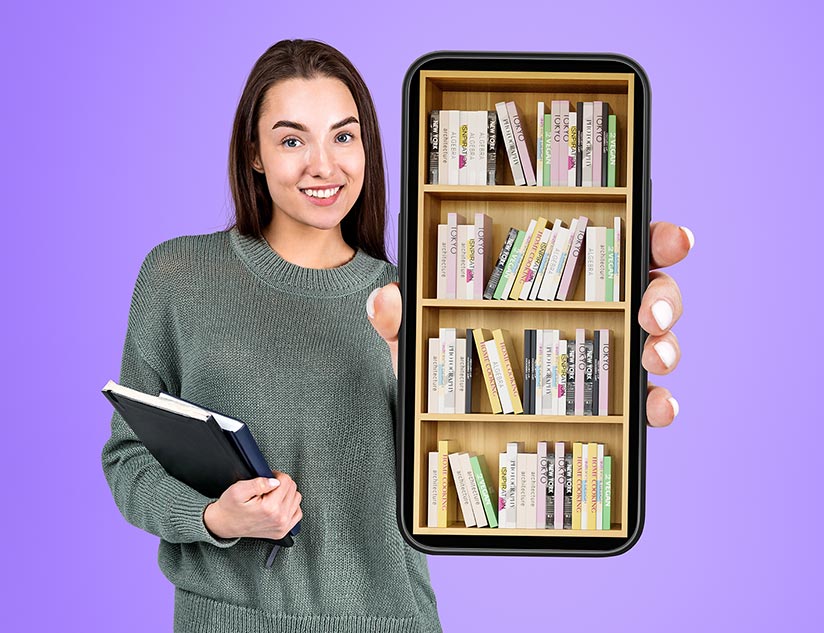As the pandemic hit the world in March 2020, governments closed schools and higher education centers in an effort to contain the spread of the virus. As a result, millions of children worldwide were left without access to education.
In Turkey, each week of school closure equates to around 23 hours of face-to-face compulsory instruction time in school, which is 2.8% of the compulsory instruction time annually. Schools had to replace this time with online learning, facilitated by teachers and parents. More than 60K schools were closed, impacting over 18,241,881 students and 1,117,686 teachers in the K-12 system.
Pre-Pandemic Challenges in Turkey’s Education System
A number of challenges existed even prior to the pandemic in the country. This included a resource gap between public and private schools, a knowledge-based central curriculum, absence of technological infrastructure in schools, lack of support for students from the lower socio-economic strata, and lack of teacher training.
For instance, many surveys, interviews, and case studies over the years have reflected that teachers in Turkey, among many other nations, lacked an understanding of computer science. Over 20% of students had no access to internet connectivity, and this didn’t mean that 80% did have access. Financial stress caused by the pandemic led to difficulties for families in ensuring education continuity for children.
Another challenge was the problem of refugee and migrant students in the Turkish education system, who needed academic and financial support, content in a second language, and psycho-social support. These children were at the disadvantaged end of the digital divide, and the pandemic only exacerbated these inequalities.
How Turkey Used EdTech to Ensure K-12 Education Continuity
The spring semester of 2019-20 in Turkey was supported through online learning tools at the primary, secondary, and high-school levels, after months of contemplation as to where the pandemic was headed. The Ministry of National Education (MoNE) in Turkey took only about a week to publish educational booklets, videos and set up 3 TV channels for K-12 students.
Some of the other steps taken included:
Education Information Network (EBA)
The Education Information Network or Eğitim Bilişim Ağı (EBA) set up in 2012 by the Directorate General of Innovation and Education Technologies unit under the MEB, made the system-wide switch to remote learning easier. This is a web portal for students, parents, and teachers to upload and access educational materials, videos, assessments, and more from Turkish K-12 publishers on any device. The main reasons for using the EBA were:
- Creation of a rich online resource pool for students of all grade levels and learning styles.
- Creation of a culture of technology in education.
- Encouraging educators to develop e-content via exchange of ideas.
In the earlier stages of the pandemic, access was granted for restricted hours due to infrastructure-related problems and inadequate scaling. This was consequently solved, and by June 2020, the content became accessible to all students 24/7.
Television Broadcasts
Television was another mode of distance education in Turkey. TV broadcasts, in association with the Turkish Radio and Television Association (TRT), were available on the 6 designated channels of TRT EBA TV Primary School, TRT EBA TV Secondary School, and TRT EBA TV High School. Students could catch up on missed lectures on the official website of EBA or TRT.
EBA Academic Support System (ADES)
This is a free platform developed to assist 11th and 12th graders in the nationwide entrance exams for universities. This is an intelligent platform that creates personalized study plans, based on individual knowledge levels and specific needs. Students can access customized videos, lecture videos, Q&A videos, videos of previously worked examples of yesteryear question papers, and more.
EBA Assistant
This is an AI-based troubleshooting application to help students and teachers with technical difficulties in accessing EBA and EBA TV.
The Picture Post-Pandemic
According to UNICEF, as of December 2020, the Education Information Network (EBA) distance learning platform was supporting the education of nearly 12,286,458 K-12 students and sustaining the efforts of more than 900,000 Turkish teachers. Also, 170 physical EBA Support Centers, including 6 mobile centers in 6 provinces, were supporting children from low socio-economic backgrounds, including refugees, with the distribution of more than 90K learn-at-home kits.
Policymakers and educators have been working to address various challenges to access online learning and enhancing teacher capabilities to use technology. The MoNE is also striving to make the EBA more aligned with the needs of digital learning.
The role of digital educational publishing companies in Turkey will be critical going forward. The right platforms will let Turkish publishers create and distribute content that is available both online and offline. Turkey currently has reopened schools for face-to-face education for the academic year 2021-22, in a hybrid setting, against a backdrop of rising vaccination rates.
MagicBox™ in Turkey
MagicBox™ has partnered with publishers and institutions to create and distribute learning resources within Turkey as well as its neighboring nations, such as Azerbaijan, Turkmenistan, and Cyprus. This helped the award-winning platform make an inroad into the nation during a period when the education system desperately needed robust digital learning platforms that were flexible, customizable, and could easily be scaled to support a large number of students.
Also, since MagicBox™ is a cloud-hosted, SaaS-based platform, very few technical infrastructure changes, installations, or other changes are required by educational institutions to transition its teachers, students, and learning resources to the platform. In addition, easy integration with third-party apps, rostering tools, and standard LMSes, mean that schools do not need to make any major changes to support online learning.
If you are looking for a powerful digital learning platform that is tailored to the needs of educational publishers, schools, teachers, and students, contact the MagicBox™ team.















